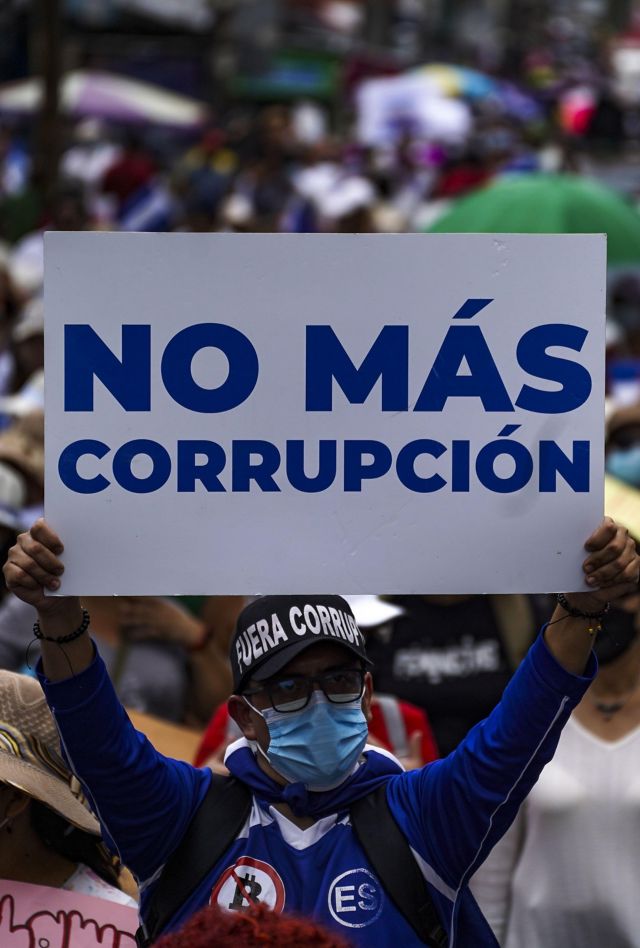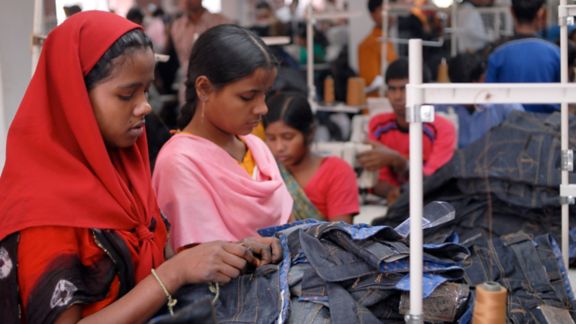Democratic Backsliding and Authoritarian Resurgence in Latin America

Problem
Democracy is eroding “from the inside” across Latin America and beyond.
In some countries, popularly elected officials, typically presidents, are dismantling democracy through a series of incremental actions rather than coups. Domestic democratic actors and international donors need advice on how to identify and respond to democratic backsliding as it unfolds. This advice must stem from an understanding of how citizens in backsliding democracies perceive and support democratic institutions.
Solution
NORC convened a panel of academic experts to share research insights and recommendations.
On April 28, 2022, NORC at the University of Chicago, in collaboration with the Kellogg Institute for International Studies at the University of Notre Dame, convened an expert panel to present research and discuss recommendations with international development professionals. The panel featured professors Matthew Cleary from Syracuse University, Javier Corrales from Amherst College, and Mneesha Gellman from Emerson College. The panel was moderated by Aníbal Pérez-Liñán from the University of Notre Dame.
To understand how democratic norms and attitudes in Latin America have changed in the past decade, NORC also employed cluster analysis techniques to study public opinion data from the LAPOP AmericasBarometer survey. We shared our analysis with political scientists from the region, who interpreted findings in the context of political, economic, and social developments in their countries in case study reports.
Result
The panelists provided insights and recommendations for countering democratic backsliding and promoting democratic resilience.
The panelists defined backsliding and explained how the process unfolds through the experiences of Venezuela, El Salvador, and Mexico. Based on those experiences, the group warned against ineffective tactics and discussed strategies that may succeed in reversing backsliding.
- Unsuccessful responses: election boycotts, inflammatory labeling, and radicalization
- Recommended responses: delay institutional capture, leverage legal tactics, support corruption probes, strengthen independent voices, and invest in “vaccines”
A two-pager presents the main takeaways and a brief summarizes the full discussion and provides additional information.
Meanwhile, NORC’s analysis of trends in democratic norms and attitudes found that though a plurality of citizens in the region express consistent support for democratic institutions, an increasingly large cluster of citizens supports anti-democratic actions, especially by presidents. More and more, citizen perceptions combine support for the broad concept of democracy with support for anti-democracy actions, like executives closing legislatures. Citizens’ support for political regimes are linked closely with performance, irrespective of regimes’ commitment to uphold democratic institutions. It is critical to build citizen commitment to the specific principles that underlie liberal democracy and link these to voting decisions. This may require communication initiatives to properly message democratic concepts; support for efforts to counter mis-, dis-, and malinformation; and efforts to promote accountability and reduce corruption.
In the Data & Findings section below, a separate two-pager presents the summary findings from NORC’s study of trends in democratic norms and attitudes. There is also a full regional summary report and twelve country case study reports.






